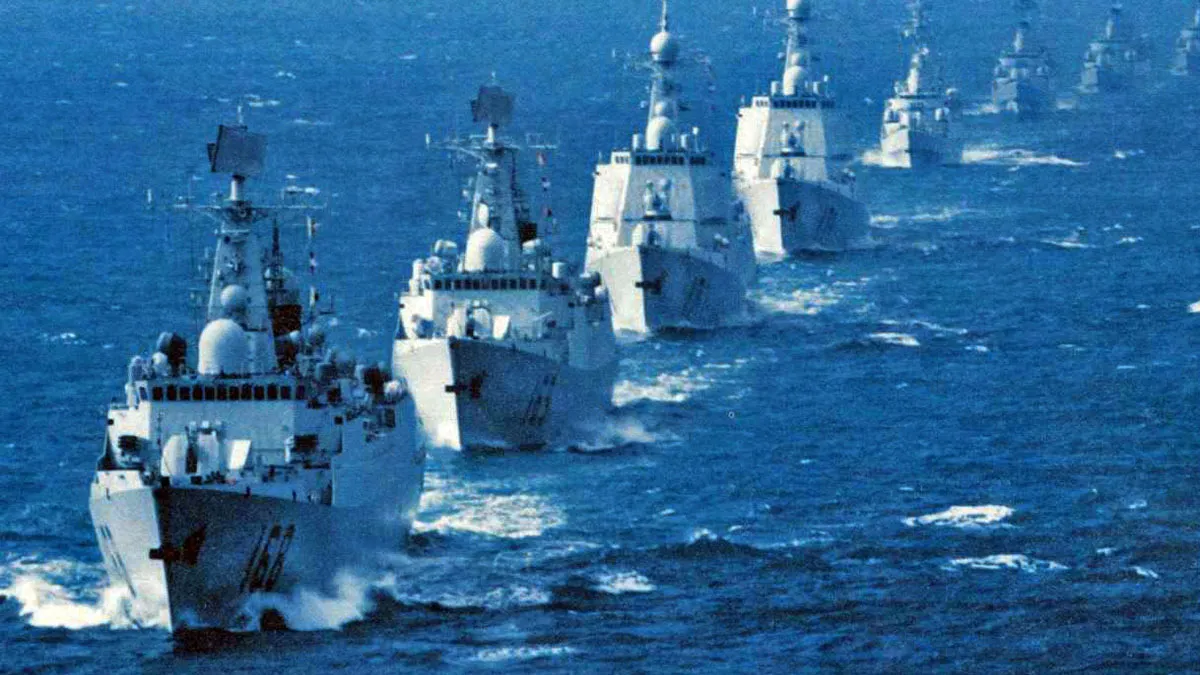Table of Contents
In a previous series of articles (here and here), I examined the “hard strategic choices facing New Zealand” (and Australia), as outlined by national security academic Hugh White. As I noted in those articles, while many of White’s assumptions were dubious at best, he at least brings into sharp focus that Australia and New Zealand are going to face an increasing threat from Chinese expansionism over the next few decades.
As I’ve also written elsewhere, China will be a great power, probably, but it will never be a superpower. But, even great powers are threats to middle-to-small powers like Australia and New Zealand. So, what are the likely threats and what should we do about it? White’s new book, How to Defend Australia, provides more fodder for thought, even if he somehow manages to get some of the most important questions and suggested answers dismayingly wrong.
The book certainly should encourage debate…But if one gives it such a close reading, its flaws become disturbingly apparent…it is a strategically and logically superficial piece of argument, based on a small number of largely unexamined premises, dubious assumptions and poorly drawn inferences.
One of its fundamentally flawed assumptions is that Trumpian America is in decline and headed for isolationism, while Xi’s China is an inexorable giant destined to become a global hegemon. This is, not to put it mildly, hogwash.
Firstly, China’s economy is much more fragile than is often taken for granted. The sustainability of its recent rapid growth is highly unlikely, to say the least. Its military might also be numerically enormous, but that doesn’t speak to its effectiveness.
It is no secret that China has been spending enormous amounts modernising its military forces across the full spectrum of twenty-first-century capabilities. This is what makes it laughable that Beijing takes exception to any other country in the region seeking to upgrade its own forces in response. Nor is it any secret that China seeks hegemony in Asia and the Western Pacific. To be precise, it has the clear strategic intention of displacing the United States.
…But the question of the sustainability of China’s mercantilist and state-dominated economic model through the 2020s is only the start.
Secondly, the idea that America would abandon the Pacific ignores most of the history of American foreign policy. From the Munro Doctrine to the post-War era, America has almost always been keenly aware that its best defence starts far from its own shores.
Even assuming that America abandoned its Pacific allies entirely, that still doesn’t mean that Australia and New Zealand will be left alone to face China’s might. There are quite a few countries between China and Australia, all of whom have just as much reason to oppose China’s expansionism.
What White fails to so much as inquire into is how China will get from its current position of laboriously and expensively attained middle-income status to the super-power status it covets by undermining the liberal international order that made all this feasible and using military power against its neighbours….what would occur should China finally resort to force to compel Taiwanese acceptance of rule from Beijing, for instance; or should it seize the Senkaku Islands from Japan; or should it use force against Vietnam in the South China Sea. Does he seriously believe that China would, in any foreseeable time frame, simply have its way and face no repercussions for its actions?
Tinpot leaders of Pacific micro-states might be easy suckers for Beijing’s money. Other nations are not nearly so likely to be such easy pushovers. Japan and South Korea, for instance, are significant powers in themselves, and neither of them inclined to kowtow to an aggressive China.
White fails to reflect on the fact that while China’s naval power may be a great deal more substantial than it was twenty or thirty years ago, it is still massively outweighed by that of the US and its allies—not least that of Japan. Moreover, the US navy has been continuously engaged in action, including war, for many years. China has not fought a naval war of any consequence since 1895, when it was routed by the Japanese and lost Taiwan in consequence. What makes Hugh White believe that its naval forces could take on those of the US and Japan and prevail?
quadrant.org.au/magazine/2019/09/how-not-to-defend-australia-against-china
More importantly, what has Australia and New Zealand got uniquely going for them that we should be strategically exploiting as the 21st century unfolds?









